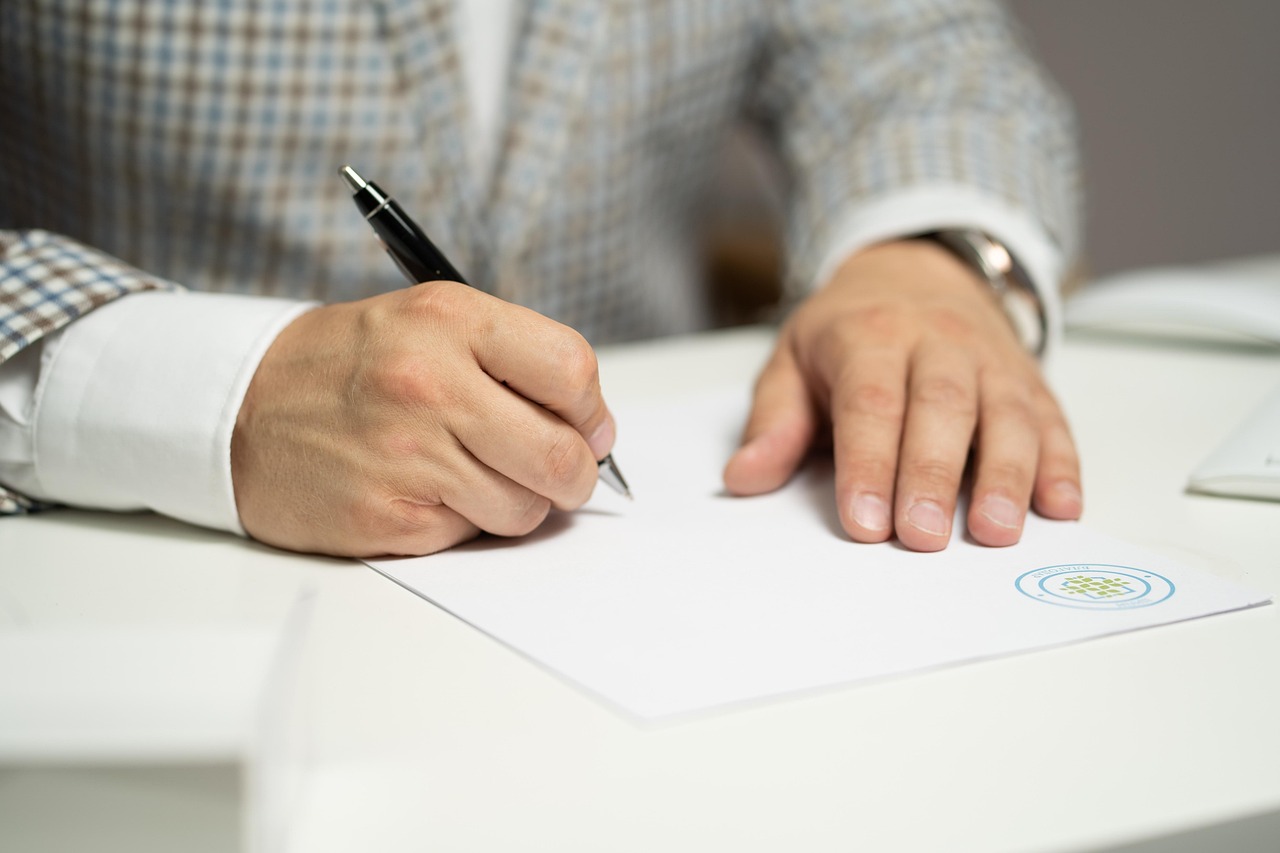Trademark renewal in France and at EUIPO: how to proceed and deadlines not to be missed
Trademark renewal must be done within a specific timeframe. Summary of the process and applicable fees.


Renewing a trademark is an essential step in maintaining the protection of your commercial identity. I often notice that renewal deadlines are not sufficiently anticipated, which creates emergencies or omissions in renewal. Here's everything you need to know to make sure you don't miss out on these crucial deadlines.
Trademark validity period: a reminder
A trademark, whether registered in France with the INPI or at the European level with the EUIPO, has an initial validity period of ten years. This period starts on the date the trademark is registered. After this decade, a renewal is necessary to extend the protection for another ten years.
When can a trademark be renewed?
Renewing your trademark is not something to be done at the last moment. In fact, you can renew your brand from a well-defined period before expiration:
The INPI and EUIPO generally do not send reminders, it is up to you to be proactive and note the renewal date of your trademark.
What should you do if you miss the due date?
If you forgot to renew your trademark before the expiration date, luckily there is an additional grace period that allows you to correct this oversight:
It is strongly recommended to avoid entering this grace period, as this increases costs and may generate temporary legal uncertainty.
What are the applicable fees?
Renewing a trademark involves specific costs, which vary depending on the office concerned and the period during which you carry out the process:
Why is it essential to meet these deadlines?
Respecting these deadlines is not a simple administrative formality. By not renewing your trademark on time, you are exposing yourself to several risks:
Best practices for effective renewal
To avoid any inconvenience associated with renewing your trademark, here are some practical tips:
Conclusion
Renewing a trademark is an essential strategic step in protecting your intangible assets. By respecting the prescribed deadlines and by sufficiently anticipating these steps, you secure your trademark in the long term while avoiding unnecessary costs and legal complications. If you need support to renew your trademark in France or at EUIPO, I am at your disposal to guide you through this procedure.


Why and how a lawyer can structure CLM deployment in startups, securing contracts, templates and playbooks without an in-house legal team.

Essential clauses in a software development contract: scope, deliverables, acceptance testing, IP ownership, payments, liability, and legal protection.
Let's build together to grow your business